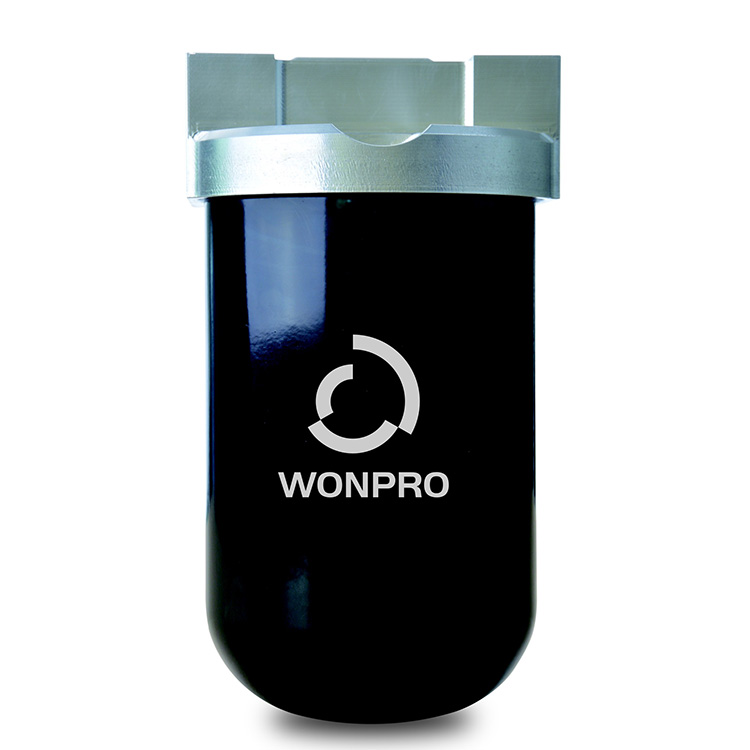Exploring the Materials Used in Oil Filters
2024-05-29
Oil filters are essential components in automotive engines, playing a vital role in protecting the engine by removing impurities from the oil. To effectively perform this task, oil filters are typically made from a combination of durable and efficient materials. Here's a closer look at the materials that are commonly used in oil filters:
1. Metal Shell
The outer shell of an oil filter is typically made from metal, such as steel or aluminum. This metal shell provides a sturdy and protective casing for the filter's internal components. The metal shell also acts as a housing for the filter media, ensuring that it remains in place and functions properly.
2. Filter Media
The filter media is the heart of the oil filter, responsible for trapping impurities from the oil. There are several different types of filter media used in oil filters, including:
Paper Media: Paper is a common material used in oil filters. It's made from cellulose fibers that are bonded together using resins or adhesives. Paper media has excellent filtering capabilities and can trap small particles effectively. However, it can become clogged over time and needs to be replaced regularly.
Synthetic Media: Synthetic filter media, such as glass fibers or polyester, are also used in some oil filters. These materials have better durability and can trap smaller particles than paper media. They also tend to have a higher dirt-holding capacity, allowing them to last longer before needing to be replaced.
3. Sealing Materials
To ensure that the oil filter seals properly and prevents leaks, sealing materials are used. These materials, such as rubber or silicone, are typically used in the gasket and other sealing areas of the filter. They create a tight seal between the filter and the engine, preventing oil from escaping.
4. Additional Components
In addition to the shell, filter media, and sealing materials, oil filters may also include other components such as:
Bypass Valve: A bypass valve is a safety feature that allows oil to bypass the filter media if it becomes clogged. This ensures that oil continues to flow to the engine, preventing damage.
Anti-Drainback Valve: An anti-drainback valve prevents oil from draining back into the oil pan when the engine is shut off. This ensures that the filter remains full of oil when the engine is restarted, improving its filtering efficiency.
In summary, oil filters are typically made from a combination of metal, filter media, sealing materials, and other components. The metal shell provides a sturdy casing, while the filter media traps impurities from the oil. Sealing materials ensure a tight seal between the filter and the engine, preventing leaks. Together, these materials work to protect the engine and extend its lifespan by providing clean, uncontaminated oil.



